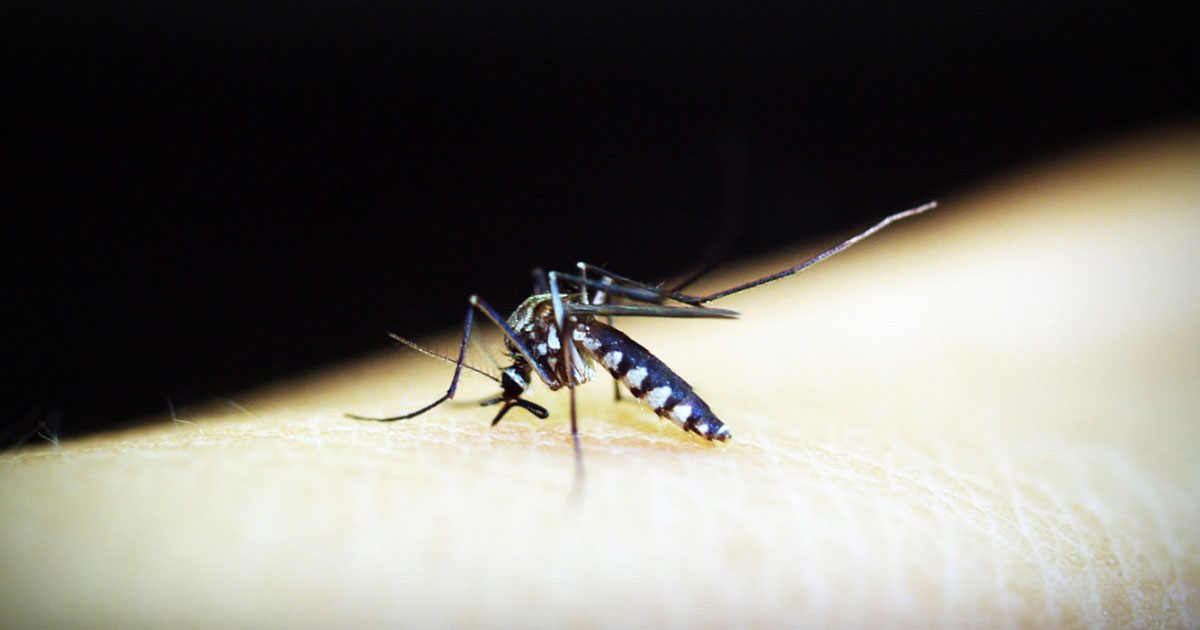Dengue cases have been increasing week after week in Singapore since mid-December 2019, and numbers are expected to increase further, according to the National Environment Agency (NEA).
The 1,723 cases in the first five weeks of this year is 60 percent higher than the 1,057 infections diagnosed over the same period in 2019.
Some 400 dengue infections were reported in one week in January.
This is an increase from 371 cases from the previous week.
Another 63 cases were reported in one day between Sunday, Feb. 9 and 3pm on Monday, Feb. 10.
The number of dengue infections this year has ranged between 303 and 404 a week.
In 2019, Singapore experienced the third-highest number of deaths from dengue infection.
There were a total of 20 deaths from dengue.
DenV-3 strain of dengue
The high Aedes aegypti mosquito population in the community, current high number of dengue cases, and increase in circulation of DenV-3 serotype, could lead to weekly dengue cases rising above current levels in 2020, NEA said on its website.
But of the most concern is the potential “switch in dominant serotype” to the virus type DenV-3 as past mosquito-transmitted virus types typically switch between DenV-1 and DenV-2.
A switch usually happens before an outbreak.
The DenV-3 virus has been the less common virus type here in Singapore for at least the past 30 years.
The proportion of DenV-3 infections have been rising for the past three months, higher than DenV-2 infections, according to NEA.
The monthly proportion of DenV-3 cases in January was approximately 47 percent, higher than the proportion of DenV-2 cases at 39 percent, an NEA spokesperson said.
With this increase, a larger proportion of the population is now susceptible to dengue.
This is due to Singaporeans having a low population immunity to the DenV-3 virus as there has not been that many infections previously.
It also results in higher rates of transmission.
The symptoms of dengue infection include sudden onset of fever, severe headache and pain behind the eyes, joint and muscle pain, rash, nausea and vomiting.
“Concerted community action and sustained mosquito control efforts are thus needed to prevent further escalation of the Aedes aegypti mosquito population, and an increase in the number of people becoming ill with dengue,” NEA said.
You can check out NEA's website that indicates the latest dengue clusters in Singapore.
If you like what you read, follow us on Facebook, Instagram, Twitter and Telegram to get the latest updates.
